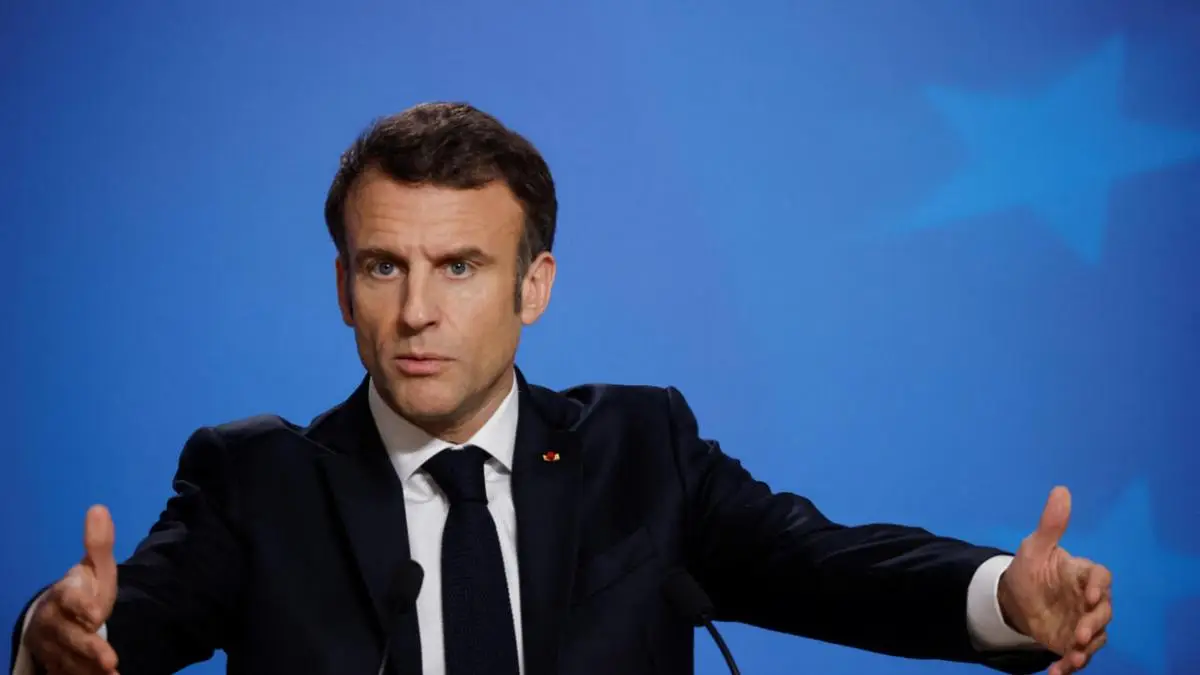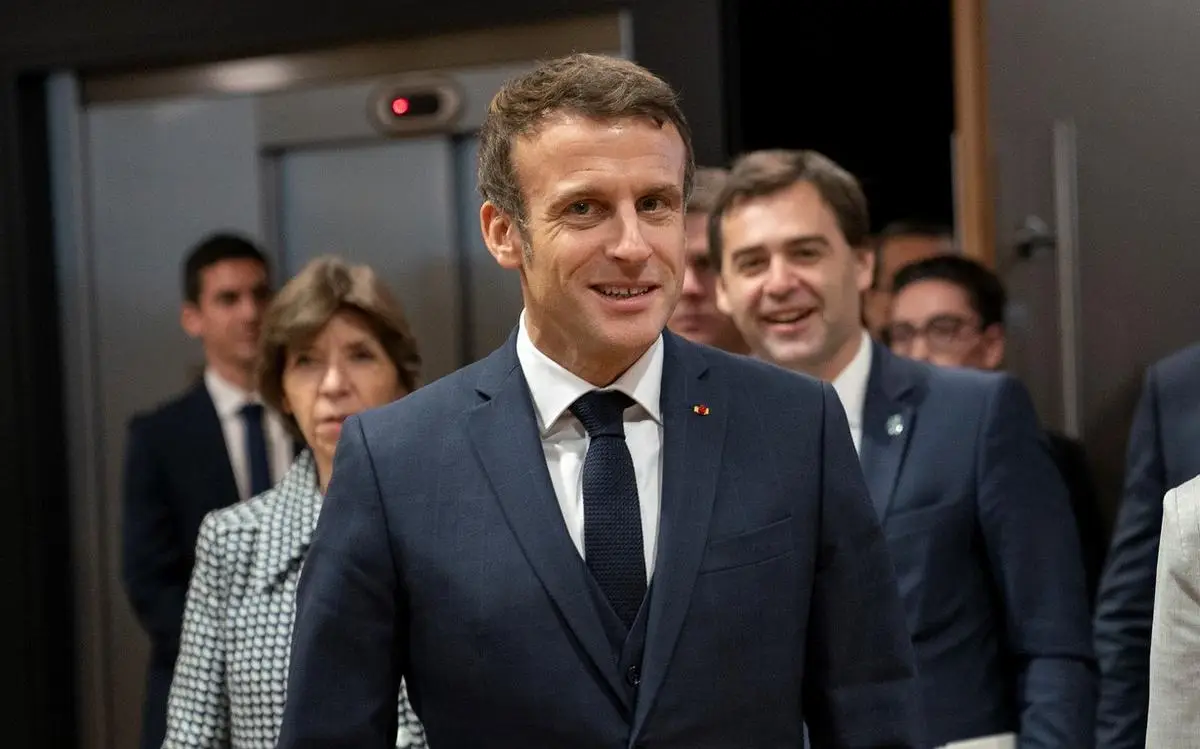The resignation of France's new Prime Minister: An unsolved mystery amidst the political storm
Just 27 days after taking office, France's new Prime Minister, Sebastien Lecornu, suddenly announced his resignation. This decision came as a shock and exacerbated the turmoil in French politics. France has already had three prime ministers since last year, and the current political crisis presents Macron with unprecedented challenges. Some commentators believe Lecornu's resignation could signal the early departure of President Macron and even pave the way for the election of France's first female president, far-right leader Le Pen.
Lecornu's resignation: An inevitable consequence of political instability
Lecornu was appointed Prime Minister of France in September, replacing Bayrou, who resigned after failing to secure a vote of confidence in the National Assembly. At the time of his appointment, Lecornu's appointment did not garner widespread support, and opposition figures were skeptical of his role. Just 27 days after taking office, Lecornu resigned as prime minister, citing "unripe conditions for governing" and difficulties in forming a government. This resignation not only broke the record for the shortest term for a prime minister since the Fifth Republic, but also signaled a further political storm for Macron's ruling coalition.

Lecornu's resignation was not entirely unexpected. Even before he took office, analysts had noted that with the deep divisions in French politics, any prime minister attempting to push for reform would inevitably face conflict with the opposition. In particular, the problems faced by the previous prime minister would almost inevitably recur during the drafting of the 2026 budget.
Government Lineup Sparks Strong Reactions
The immediate trigger for Lecornu's resignation was the announcement on the 5th of the new government lineup. The new cabinet largely retained its previous lineup, with key positions held by veterans. This decision angered several opposition parties, particularly the far-left National Rally and the far-right Le Pen bloc. They argued that the new government had failed to bring about real change and was merely a continuation of the old political dynamic. France's Republican Party also hinted at the possibility of withdrawing from Macron's coalition.
This situation put Lecornu in an extremely awkward position. He attempted to create a good platform for negotiation within the government, but some parties not only refused to cooperate but also escalated factional disputes, making it difficult for the new government to function effectively. Under this internal and external pressure, Lecornu resigned, removing this "hot potato" from his hands.

Macron Faces Threat of Resignation
Lecornu's resignation plunged Macron into a deeper political crisis. French opposition lawmakers quickly called for Macron's resignation, demanding the immediate consideration of a 104-member resignation motion. Meanwhile, left-wing parties claimed that Macron's time in office was "on the clock" and held him accountable for replacing three prime ministers in a single year. Macron's approval rating has fallen below 20%, and France's ruling party no longer holds a majority in the National Assembly.
Some analysts believe that the French National Assembly and Senate may move to impeach Macron. If Macron steps down, Le Pen, leader of the far-right party, could become France's first female president. Le Pen's political stance leans towards France First, trade protectionism, and calls for France to withdraw from NATO and establish an independent national defense. These ideas appeal to some, especially against the backdrop of widespread skepticism surrounding Macron's foreign policy.
Le Pen's Possibility of Becoming a Female President
While Le Pen's chances of becoming France's first female president remain uncertain, her popularity is significant. Her political stance, particularly her support for France First, Brexit, and independent national defense, resonates with some French citizens. If Macron ultimately steps down, Le Pen's political approach could become the mainstream in France.
However, Macron and the centrists still have a chance to save themselves. The most direct options are to appoint a prime minister who can command the support of left-wing or far-right parties, or to dissolve the National Assembly and call early legislative elections. While these measures could present new opportunities for Macron, they also carry significant risks. Whether the new prime minister can stay in power for long or whether the election results will further strengthen the opposition remains uncertain.
The Roots of France's Political Crisis

The turmoil in French politics reflects deeper issues. Economic weakness, declining national strength, and growing social inequality are the root causes of the current crisis. Macron and other political parties must propose strong reforms to address these issues in order to restore public trust in the government and stabilize the political landscape. Without effective measures, France's political crisis could continue to worsen, even impacting the country's future development.
Overall, there's no clear solution to France's political crisis, and whether Macron can weather this storm remains an open question.




